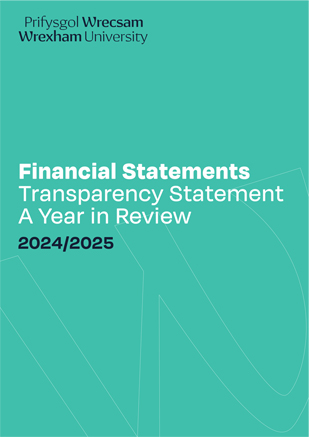.jpg)
Financial Summary
Information to show how we are funded and where we invest our income.
Financial statements
The financial statements provide information to give a true and fair view of both the University's financial performance and its financial position at the year-end. View financial statements.




